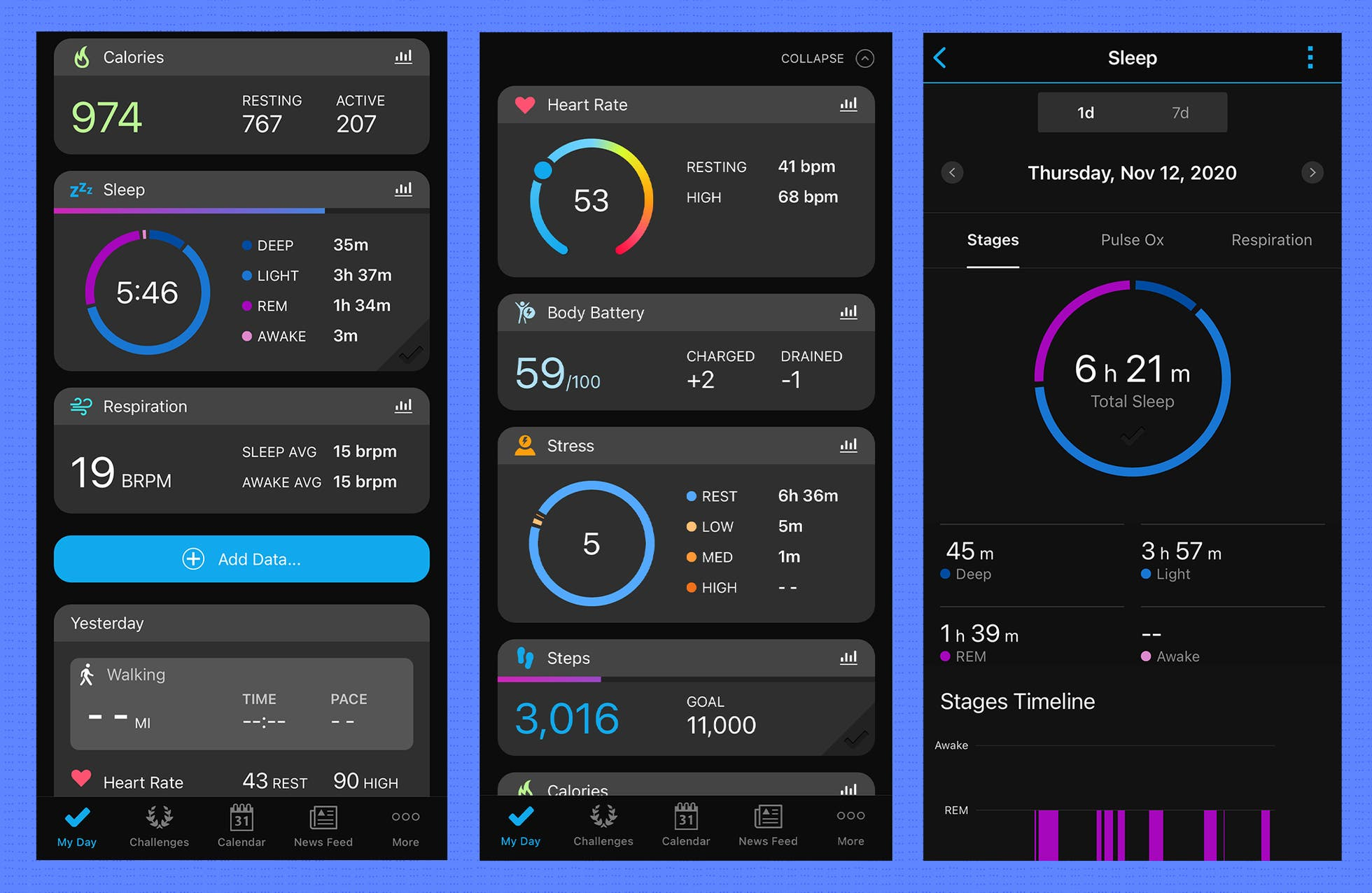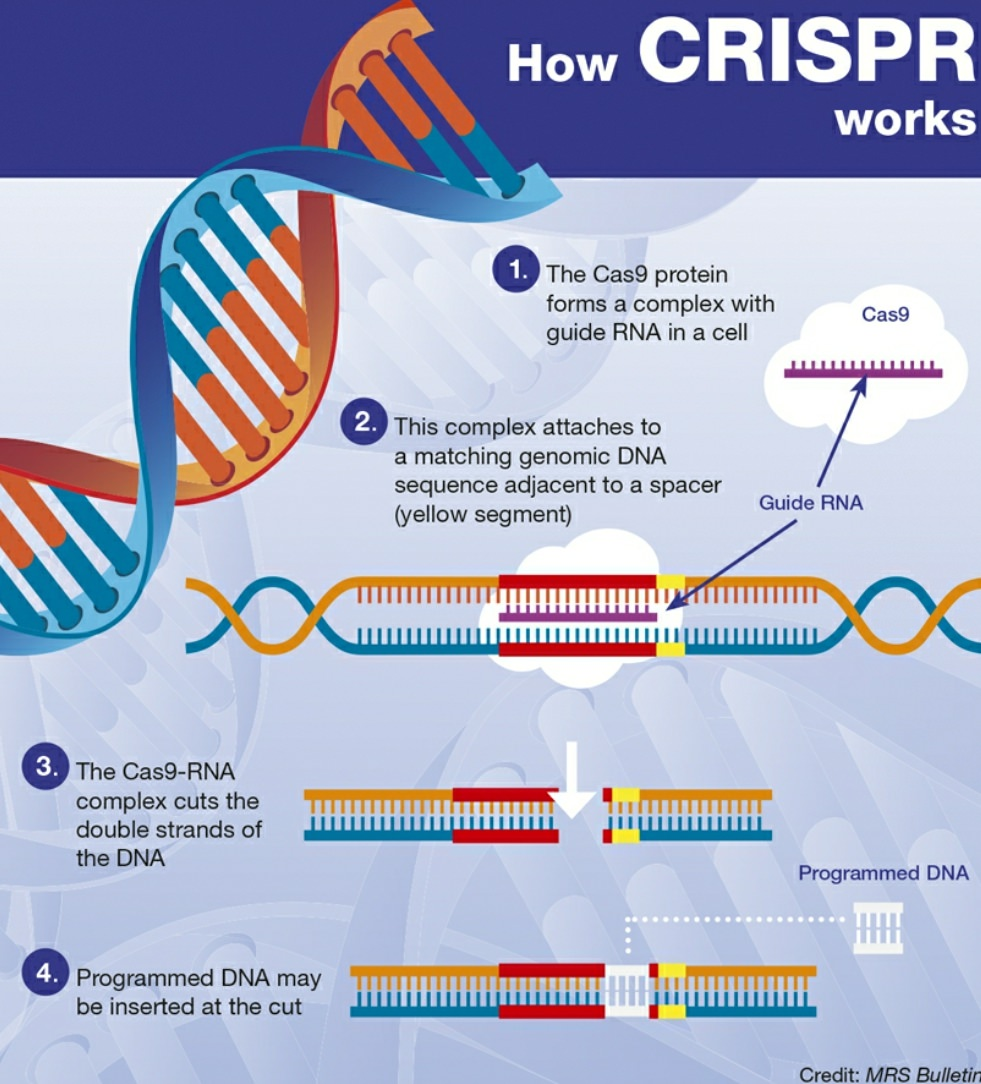Health tracking is an emerging field that offers profound insights into the intricate processes behind learning and memory formation. Recent advancements in this area have highlighted the essential roles of synaptic plasticity and proteins like AMPARs in memory retention and recall, particularly in the context of neurological disorders such as dementia. By delving deep into the synaptic architecture, researchers are beginning to unravel the complex interplay that dictates how memories are formed and managed within the brain. With techniques like the Extracellular Protein Surface Labeling in Neurons (EPSILON), scientists can now observe synaptic interactions at unprecedented resolutions, paving the way for innovative dementia therapy and memory formation techniques. As we continue to refine our understanding of health tracking, the potential for developing new therapeutic strategies to combat memory-related ailments is more promising than ever.
The realm of health monitoring encompasses a variety of methods aimed at observing and understanding cognitive functions, particularly concerning the formation and retention of memories. Synaptic dynamics and their relationship to memory formation are at the forefront of contemporary research, particularly as scholars explore non-invasive techniques to analyze neural processes. By leveraging innovative approaches, such as advanced fluorescent labeling and microscopy, scientists are able to visualize the molecular interactions that underpin learning. This exploration, especially in the context of cognitive impairment disorders, reflects the growing importance of health tracking innovations in enhancing our therapeutic options. Ultimately, a deeper comprehension of these neurological mechanisms could revolutionize our approaches to cognitive health management.
Understanding Health Tracking in Memory Formation
Health tracking plays a crucial role in understanding the processes involved in memory formation and learning. As researchers delve into the molecular mechanisms of the brain, techniques like the Extracellular Protein Surface Labeling in Neurons (EPSILON) provide unprecedented insight into how neurons communicate and how these connections strengthen over time. By meticulously mapping synaptic interactions, scientists can better grasp how different experiences shape our cognitive abilities and how health tracking can be optimized to monitor such changes in real-time.
Moreover, understanding health tracking extends beyond academic interest; it has practical implications for developing therapies for neurological disorders like dementia. By monitoring synaptic plasticity and evaluating memory formation techniques, clinicians can tailor interventions that may enhance cognitive function or slow the progression of memory-related disorders. This ongoing research underscores the importance of integrating health tracking into neurological studies, allowing for a more personalized approach in treating conditions that adversely affect learning and memory.
The Role of Synaptic Plasticity in Learning
Synaptic plasticity refers to the brain’s ability to strengthen or weaken synapses over time, a key mechanism underlying learning and memory. This dynamic process is essential as it allows our brains to adapt to new information and experiences effectively. Through studies using advanced methodologies like EPSILON, researchers can visualize synaptic changes that occur during the learning process, providing insights into the intricate workings of memory formation and recall.
By examining how synaptic connections evolve in response to stimuli, scientists can identify patterns that govern memory storage and retrieval. This understanding can lead to innovative memory formation techniques that leverage the principles of synaptic plasticity. For instance, strategies aimed at enhancing synaptic strengthening could pave the way for effective interventions in dementia therapy, helping individuals retain their cognitive functions longer.
Mapping Neurological Disorders Through Advanced Techniques
Exploring neurological disorders such as Alzheimer’s using state-of-the-art mapping techniques is vital for developing effective treatments. The recent introduction of EPSILON presents a transformative approach to studying how synaptic plasticity is compromised in various neurological conditions. By providing detailed images of synaptic behavior and protein interactions, researchers can identify the specific alterations that lead to cognitive decline.
The ability to visualize and measure synaptic changes with remarkable precision enables a better understanding of disease mechanisms. For example, by correlating patterns of synaptic dysfunction with memory impairments, researchers can target the underlying causes of neurological disorders more effectively. This research not only enhances our knowledge of diseases but also guides the development of novel therapeutic strategies aimed at restoring healthy synaptic function and improving patient outcomes.
Innovative Memory Formation Techniques for Therapeutic Use
Innovative memory formation techniques are becoming increasingly essential in cognitive therapy and neurological rehabilitative practices. By leveraging insights gained from synaptic plasticity research, healthcare professionals can develop tailored interventions designed to enhance memory retention and learning capabilities. Such techniques might incorporate elements of cognitive-behavioral therapy, technology-assisted learning tools, or even pharmacological agents that promote synaptic health.
For instance, therapies that emphasize reinforcement of positive memory formation could be developed to counteract the effects of degenerative diseases. As researchers continue to explore the mechanisms of memory formation and synaptic adjustment, the translation of these techniques into practical applications may offer new hope for individuals suffering from conditions like dementia. This proactive approach to memory enhancement represents a significant step forward in neuroscientific research and therapeutic implementation.
The Implications of AMPARs in Cognitive Function
AMPARs, or alpha-amino-3-hydroxy-5-methyl-4-isoxazolepropionic acid receptors, are pivotal in synaptic transmission and plasticity. They facilitate the rapid transmission of signals between neurons, making them crucial for effective learning and memory consolidation. Understanding the role of AMPARs has led to innovative studies exploring their behavior during various cognitive tasks, providing insights into how memories are formed and lost.
Research utilizing the EPSILON technique has highlighted the relationship between AMPAR trafficking and memory expression, especially in studies involving fear conditioning. Such findings underline the importance of these receptors in both everyday memory processes and in the context of disorders affecting cognitive function. By advancing our knowledge of AMPAR dynamics, researchers are laying the groundwork for targeted therapies that could bolster cognitive health in aging populations or those suffering from memory impairments.
The Interplay Between Learning and Neurological Health
The interplay between learning and neurological health establishes a reciprocal relationship where enhanced cognitive function can lead to better overall brain health. Engaging in activities that stimulate learning can promote synaptic plasticity, ultimately supporting the structural integrity of neural connections. As such, understanding how to effectively foster learning experiences is crucial in maintaining cognitive vitality and preventing the onset of neurological disorders.
Furthermore, integrating cognitive exercises with health tracking technology can provide valuable feedback on individual learning progress and neurological health status. This holistic approach not only encourages active engagement with learning but also allows for early detection of cognitive decline, presenting opportunities for intervention before significant impairments occur. As this research landscape expands, it emphasizes the need for comprehensive strategies addressing both learning and overall neurological well-being.
Discovering the Science of Memory Traces
The concept of memory traces, or engrams, is essential in understanding how memories are encoded and stored within the brain. These traces represent the physical changes in the brain’s synaptic structure following learning experiences, often linked to the activity of AMPARs. Research aiming to map these memory traces uses advanced techniques such as EPSILON, which allows scientists to observe the synaptic adaptations that correlate with the formation of enduring memories.
By exploring the relationship between synaptic changes and memory traces, researchers hope to uncover the underlying mechanisms that drive memory retention and recall. This knowledge is critical for developing interventions for patients experiencing memory loss or cognitive decline. The ability to illuminate these memory traces could lead to strategies that reinforce synaptic health and improve memory formation techniques, ultimately enhancing therapeutic outcomes for those with neurological disorders.
Advancing Dementia Therapy Through Biochemical Insights
Advancements in the understanding of synaptic function and plasticity can significantly impact dementia therapy. By leveraging biochemical insights gained from recent studies, healthcare providers can better tailor therapeutic approaches for individuals with dementia. This burgeoning research highlights the importance of synaptic modulation in memory processes, suggesting that treatments aimed at improving synaptic strength could improve cognitive function and daily living skills.
Current therapeutic strategies continue to evolve, as insights concerning the synaptic architecture of memory offer new avenues for intervention. For instance, adjusting AMPAR activity may enhance synaptic transmission and potentially mitigate some cognitive deficits associated with dementia. As researchers push the boundaries of traditional therapeutic frameworks, it becomes increasingly evident that targeted biochemical strategies can play a transformative role in dementia treatment and management.
Perspectives on Cognitive Neuroscience Research
Cognitive neuroscience research is at the forefront of unraveling the complexities of learning and memory. Recent breakthroughs in techniques like EPSILON provide profound insights into the microscale processes governing neural communication and memory formation. By combining knowledge from chemistry, biology, and neuroscience, researchers can explore innovative pathways for addressing cognitive impairments and enhance our understanding of the brain.
The collaborative nature of cognitive neuroscience research often brings together diverse scientific disciplines, facilitating a holistic approach to studying memory and learning. This synergy fosters a creative environment where new ideas emerge, leading to a wealth of information that could pave the way for effective treatments for neurological disorders. As the field advances, ongoing investigation into learning and memory will remain essential for improving our understanding of human cognition and developing therapeutic strategies.
Frequently Asked Questions
How does health tracking relate to learning and memory in neurological disorders?
Health tracking is essential in understanding how learning and memory function, particularly in individuals with neurological disorders like dementia. By monitoring cognitive performance and memory formation techniques, we can identify patterns that indicate the effectiveness of therapies aimed at enhancing synaptic plasticity — the brain’s ability to adapt and reorganize itself. This approach helps in devising targeted interventions for memory impairments.
What role do synaptic plasticity and health tracking play in dementia therapy?
Health tracking can reveal how synaptic plasticity underlies memory formation and learning processes. In dementia therapy, researchers use advanced tracking techniques to observe changes in synaptic connections, which can inform the development of new treatments aimed at restoring cognitive function. Understanding these mechanisms allows for improved personalized treatments, enhancing patient outcomes.
How can memory formation techniques benefit from health tracking?
Memory formation techniques can greatly benefit from health tracking as it allows researchers to analyze the effectiveness of different strategies on enhancing synaptic plasticity and overall memory recall. By employing health tracking, clinicians can better understand individual responses to memory training programs, adjusting them for optimal effectiveness.
What insights can health tracking provide for neurological disorders like Alzheimer’s?
Health tracking offers critical insights into how synaptic dysfunctions relate to neurological disorders such as Alzheimer’s. By mapping synaptic changes over time, researchers can pinpoint when and where these dysfunctions occur, leading to the identification of potential therapeutic targets aimed at improving memory formation and learning capabilities.
Why is the EPSILON technique significant for health tracking in memory research?
The EPSILON technique is significant for health tracking in memory research because it allows for unprecedented observation of synaptic plasticity at a molecular level. By utilizing this technique, researchers can track real-time changes in synaptic behavior, gaining deeper insights into learning and memory processes, and how they are affected in conditions such as dementia.
How does health tracking contribute to understanding synaptic interactions during learning?
Health tracking contributes to understanding synaptic interactions during learning by providing a framework to analyze how these connections adapt and change in response to new information. This method enables researchers to see the dynamics of synaptic plasticity clearer, which is crucial for deciphering the underlying mechanisms of memory formation.
What advances in health tracking could improve treatments for memory-related impairments?
Advances in health tracking, such as the development of non-invasive techniques like EPSILON, can dramatically improve treatments for memory-related impairments by allowing for real-time monitoring of synaptic changes. This paves the way for personalized therapies based on individual brain activity and synaptic behavior, enhancing the efficacy of dementia treatments.
| Key Point | Details |
|---|---|
| New Technique | EPSILON – Extracellular Protein Surface Labeling in Neurons, a method to map synaptic proteins related to memory formation. |
| Importance | Offers insights for treatments targeting neurological disorders like dementia and Alzheimer’s. |
| Research Contributors | Led by Adam Cohen’s lab at Harvard, including students and postdoctoral scholars. |
| Methodology | Utilizes fluorescent labeling and advanced microscopy to investigate synaptic behavior. |
| Key Findings | Correlation found between AMPAR trafficking and memory storage via contextual fear conditioning. |
| Future Applications | Potential for further studies into cognitive phenomena, helping to improve therapeutic strategies. |
Summary
Health Tracking is essential for understanding how memories are formed and formed in the brain. Recent research highlights a groundbreaking approach called EPSILON that maps the synaptic processes pivotal in memory formation. This research not only advances our comprehension of neurological functions but also paves the way for innovative therapies addressing conditions such as dementia and Alzheimer’s disease. By elucidating the dynamics of synaptic plasticity, scientists can improve health outcomes for individuals experiencing memory impairments.




